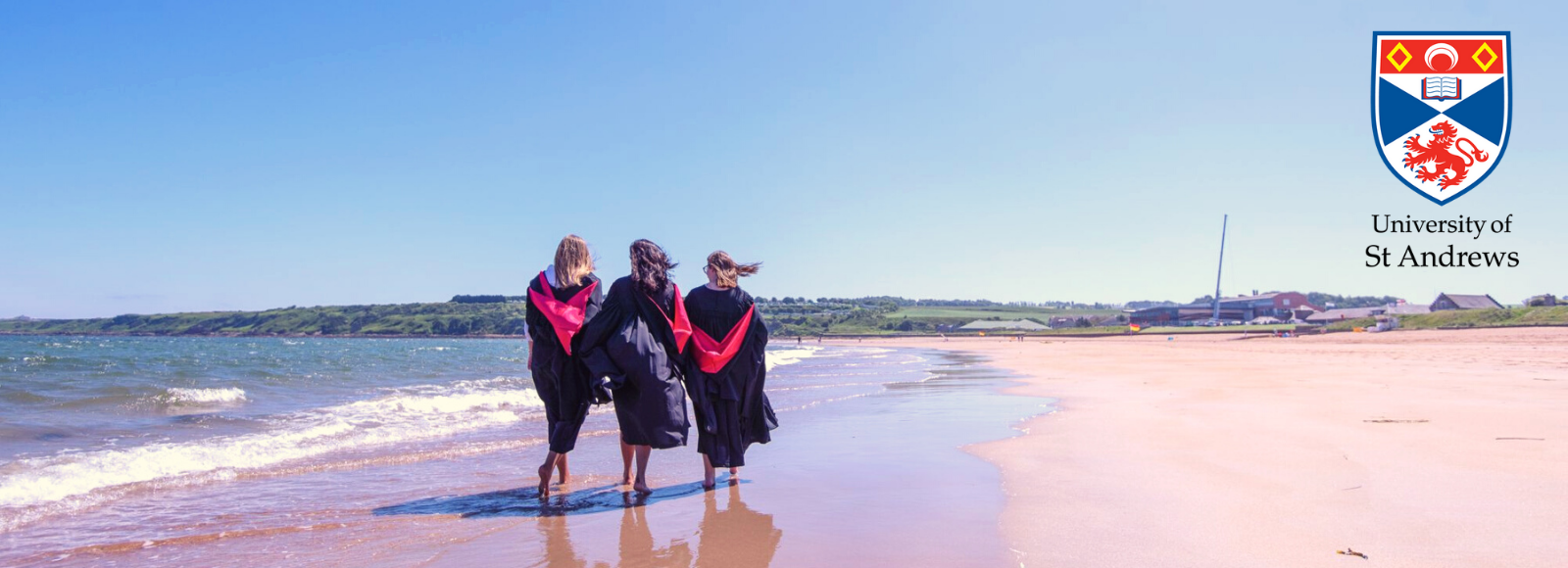- ...
Postgraduate Studentships - Search for funding opportunities.
Postgraduate Studentships - Search for funding opportunities.
The School of Modern Languages is the largest modern languages department in Scotland and one of the largest in the UK.
The programme explores transnational understanding of literature and culture, as well as providing training in traditional and new research techniques.
We are also distinguished by the breadth of our research which spans language, literary and cultural studies across eight distinct language areas – Arabic, Chinese, French, German, Italian, Persian, Russian and Spanish – and Comparative Literature, but also a range of cultural-historical epochs from the Middle Ages to the present day. This breadth is reflected in the literary and cultural topics you will study on the degree.
Highlights
A 2.1 Honours undergraduate degree in a relevant discipline. If you studied your first degree outside the UK, see the international entry requirements.
The qualifications listed are indicative minimum requirements for entry. Some academic Schools will ask applicants to achieve significantly higher marks than the minimum. Obtaining the listed entry requirements will not guarantee you a place, as the University considers all aspects of every application including, where applicable, the writing sample, personal statement, and supporting documents.
For fees and funding options, please visit website to find out more
Alongside your academic learning, you will develop your broader capabilities and employability. All Masters students have access to the Saints Skills Awards, two flexible awards programmes undertaking skills analysis, reflective activities and mock recruitment opportunities to help develop your personal and professional skills.
Graduates have gone on to careers in fields including:
The Careers Centre offers one-to-one advice to all students as well as a programme of events to assist students in building their employability skills.
Compulsory
Optional
One of these is compulsory. One or both may be taken or one may be replaced with an agreed alternative module:
Dissertation
Students conclude their programme with the submission of a 15,000-word intra- or inter-cultural dissertation supervised by a specialist in the area. Students who choose not to complete the dissertation may elect for an alternative exit award, such as the Postgraduate Certificate or Diploma.

Scotland’s first university, an experience like no other Masters programmes to help you find your future. Are you looking to earn an outstanding pos...
Sign up to Postgraduate Studentships
Sign up to compare masters
Thanks for making your selection. Click below to view your comparisons.